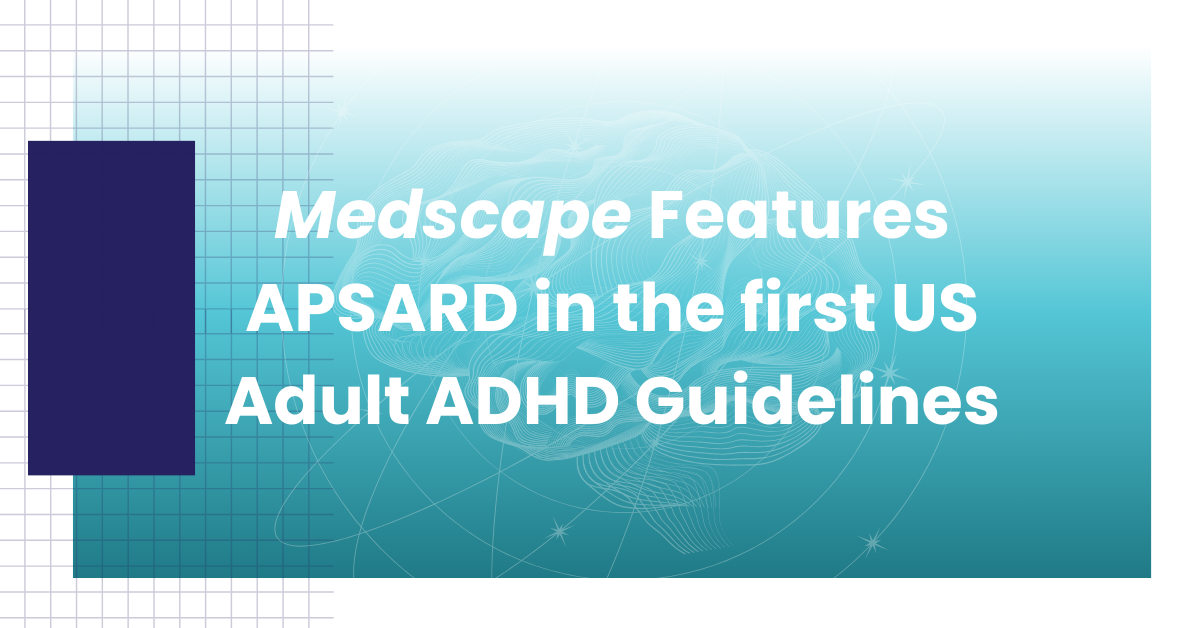Commentary by Dr. Margaret Weiss*: The gold standard for evaluation of outcome of working memory has to target real life improvement in those areas that are impaired.
Working Memory Training in Post-Secondary Students with ADHD: A Randomized Controlled Study
Mawjee K, Woltering S, Tannock R. PLoS One. 2015 Sep 23;10(9):e0137173
Abstract
Objectives: To determine whether standard-length computerized training enhances working memory (WM), transfers to other cognitive domains and shows sustained effects, when controlling for motivation, engagement, and expectancy.
Methods: 97 post-secondary students (59.8% female) aged 18-35 years with AttentionDeficit/Hyperactivity Disorder, were randomized into standard-length adaptive Cogmed WM training (CWMT; 45-min/session), a shortened-length adaptive version of CWMT (15 min/session) that controlled for motivation, engagement and expectancy of change, or into a no training group (waitlist-control group). All three groups received weekly telephone calls from trained coaches, who supervised the CWMT and were independent from the research team. All were evaluated before and 3 weeks post-training; those in the two CWMT groups were also assessed 3 months post-training. Untrained outcome measures of WM included the WAIS-IV Digit Span (auditory-verbal WM), CANTAB Spatial Span (visual-spatial WM) and WRAML Finger Windows (visual-spatial WM). Transfer-of-training effects included measures of short-term memory, cognitive speed, math and reading fluency, complex reasoning, and ADHD symptoms.
Results: Performance on 5/7 criterion measures indicated that shortened-length CWMT conferred as much benefit on WM performance as did standard-length training, with both CWMT groups improving more than the waitlist-control group. Only 2 of these findings remained robust after correcting for multiple comparisons. Follow-up analyses revealed that post-training improvements on WM performance were maintained for at least three months. There was no evidence of any transfer effects but the standard-length group showed improvement in task-specific strategy use.
Conclusions: This study failed to find robust evidence of benefits of standard-length CWMT for improving WM in college students with ADHD and the overall pattern of findings raise questions about the specificity of training effects.

